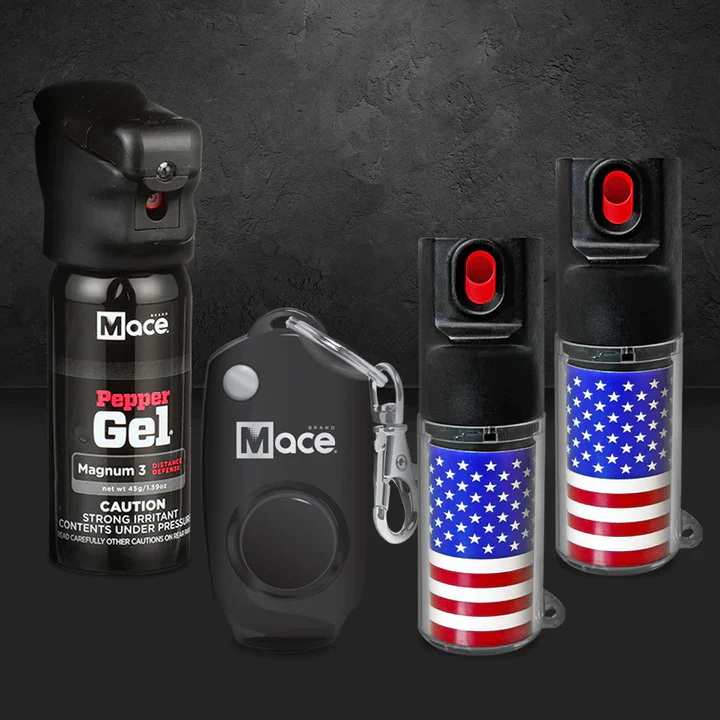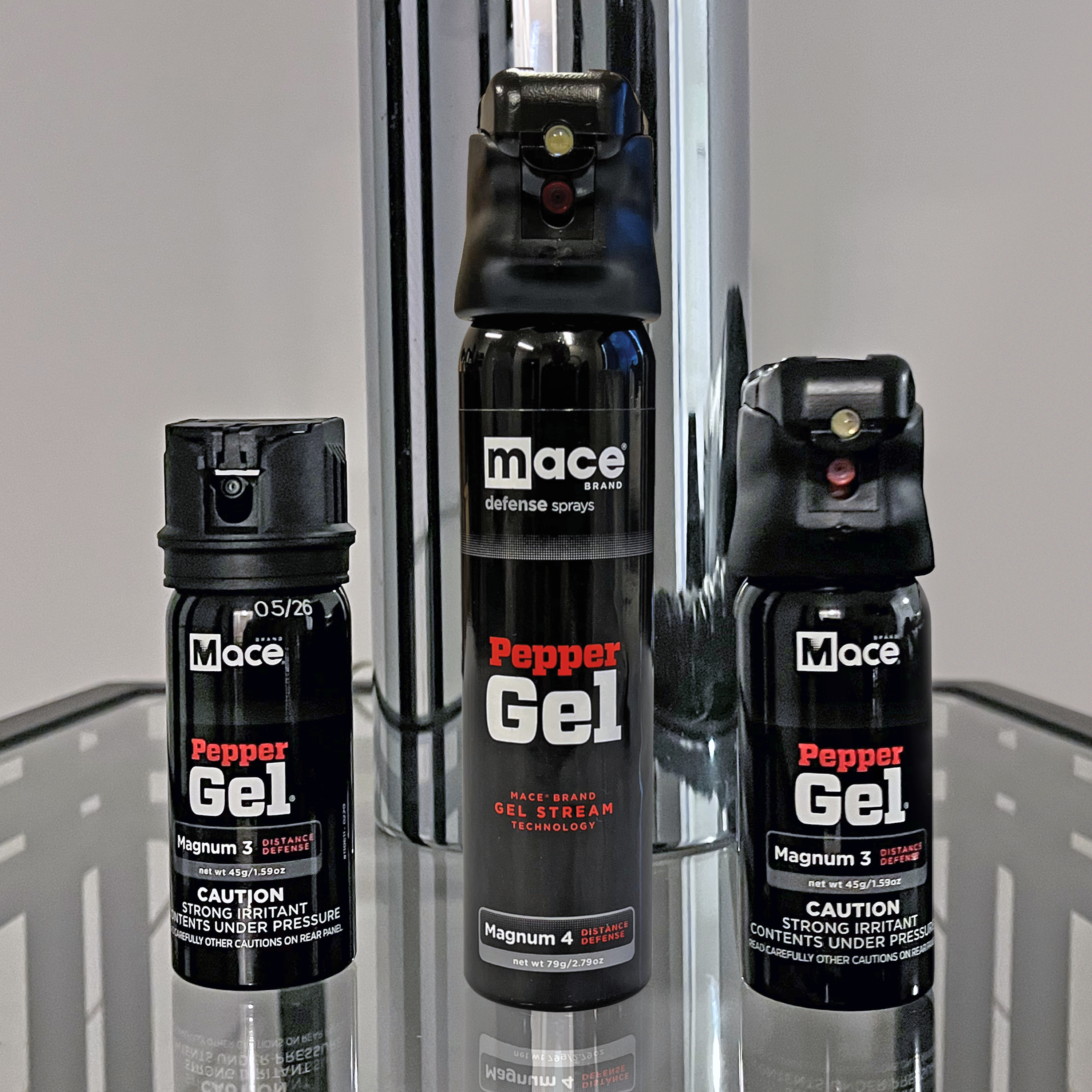Personal Alarm Education
HOW LOUD IS 130DB?

The decibel (abbreviated dB) is the unit used to measure how loud a sound is. The decibel scale is a little odd because the human ear is incredibly sensitive. Your ears can hear everything from your fingertip brushing lightly over your skin to a loud jet engine. In terms of power, the sound of the jet engine is about 1,000,000,000,000 times more powerful than the smallest sound that your ears can just barely hear. That's a big difference!
On the decibel scale, the smallest audible sound (near total silence) is 0 dB. A sound 10 times more powerful is 10 dB. A sound 100 times more powerful than near total silence is 20 dB. A sound 1,000 times more powerful than near total silence is 30 dB. Below is a list of common sounds and their decibel levels, as well as some of our alarms for comparison.
50 dB refrigerator
50 - 75 dB washing machine
50 - 75 dB air conditioner
50 - 80 dB electric shaver
55 - 70 dB dishwasher
60 - 85 dB vacuum cleaner
60 - 95 dB hair dryer
65 - 80 dB alarm clock
75 - 85 dB flush toilet
80 dB ringing telephone
110 dB baby crying
90 - 115 dB subway
95 - 110 dB motorcycle
110 dB symphony concert
110 dB car horn
110 -120 dB rock concert
112 dB CD player on high
117 dB football game (stadium)
130 dB jackhammer, power drill
130 dB MACE Personal Alarms
140 dB airplane taking off
150 dB firecracker
157 dB balloon pop
162 dB fireworks (at 3 feet)
163 dB rifle
166 dB handgun
170 dB shotgun
Here's a great link to a study done by Purdue University's Chemistry Department that charts sounds and their relative decibel measurements.
https://www.chem.purdue.edu/chemsafety/Training/PPETrain/dblevels.htm





